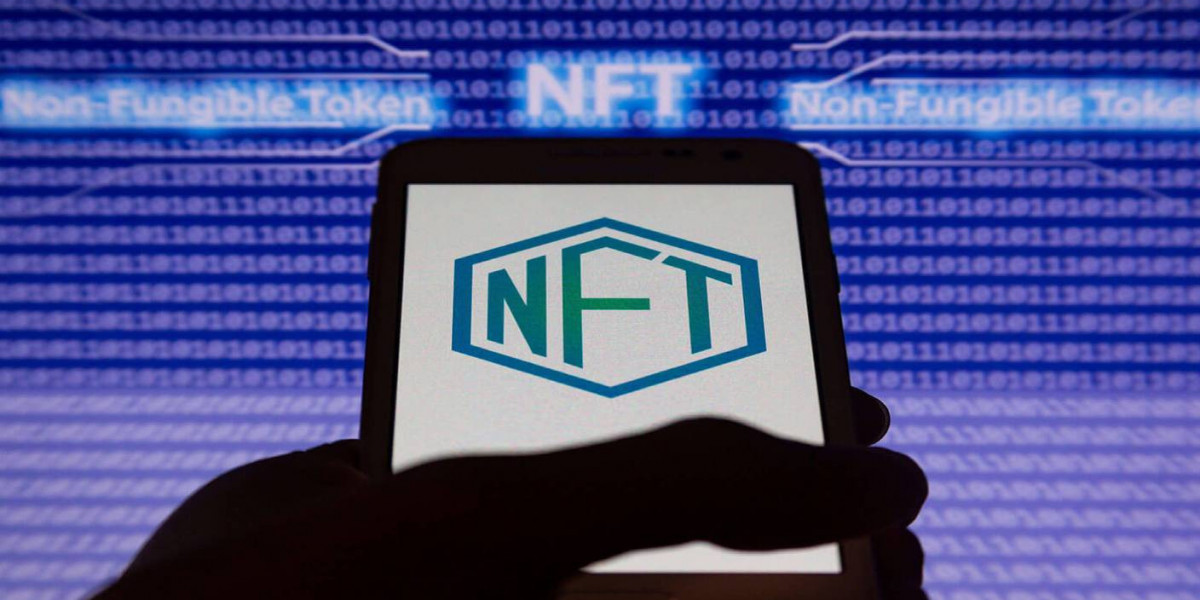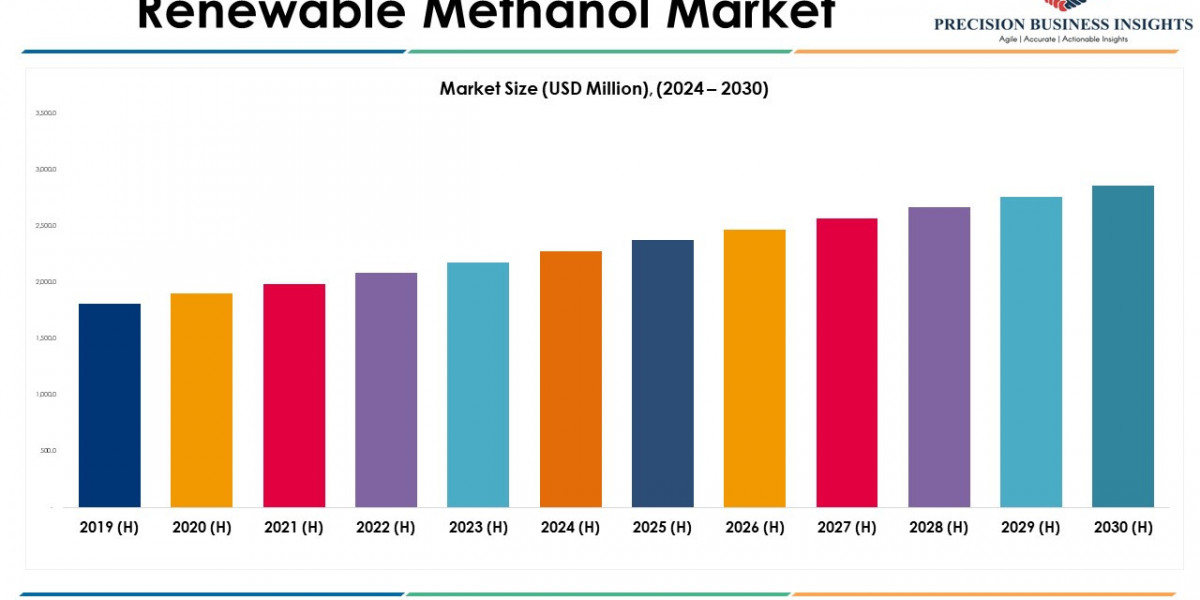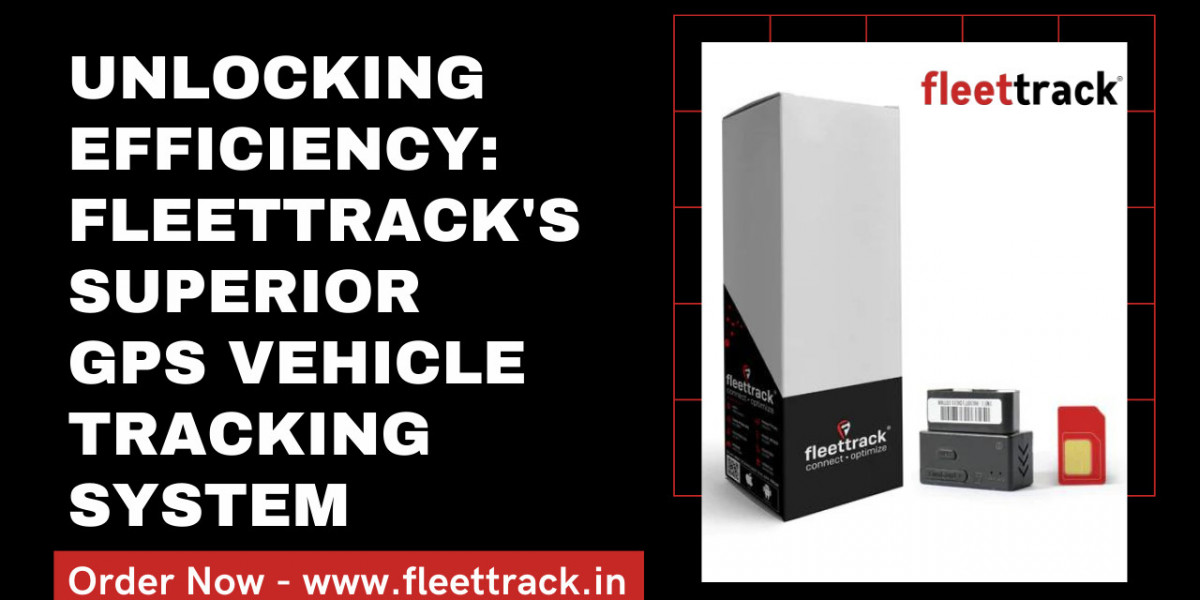Non-fungible tokens (NFTs) have evolved as a distinct type of digital asset that can be securely purchased, sold, and traded on numerous NFT platforms as the world of digital art and collectibles expands. Thoughts over security and authenticity have also surfaced in parallel with NFTs' growing popularity. In this article, we will explore how NFT marketplaces ensure the security and authenticity of these valuable digital assets.
Ensuring Security:
The Blockchain Technology:
Blockchain technology is the foundation of NFT marketplaces, providing a transparent and safe environment for the exchange of digital assets. Blockchain, a decentralized ledger, records and validates all transactions, removing the need for middlemen and intermediaries. This technology provides a high level of security since it is incredibly difficult to alter or manipulate the information contained on a blockchain.
Smart Contracts:
Smart contracts are an essential part of NFT marketplaces. These self-executing contracts automatically enforce the terms and conditions agreed upon by the buyer and seller. Smart contracts eliminate the need for trust between parties, as the terms are predefined and cannot be altered. This assures that the buyer receives the NFT upon payment and that the seller receives money after the NFT has been transferred.
Two-Factor Authentication:
To further improve security, NFT marketplaces frequently use two-factor authentication (2FA) for user accounts. To authenticate their identity, 2FA requires users to submit a pair of proofs, such as a password and a unique verification code texted to their mobile device. This additional layer of protection helps to prevent unauthorized access to user accounts as well as potential hacking attempts.
Ensuring Authenticity:
Unique Digital Signatures:
Each NFT contains a unique digital signature, also known as a digital certificate or token ID. This signature acts as proof of ownership and authenticity. It assures that the NFT is unique and cannot be reproduced or counterfeited. Before making a purchase, interested buyers can authenticate the legitimacy and rarity of the NFT by confirming its digital signature.
Verification and Certification:
NFT marketplaces frequently collaborate with trustworthy third-party verification firms to confirm the legitimacy of the digital assets being traded. These verification services evaluate the legitimacy and provenance of NFTs by confirming their origins, creators, and ownership histories. Certificates of authenticity are subsequently supplied, giving consumers even more security and confidence in their purchase.
Conclusion:
NFT marketplaces have made substantial steps to assure the security and validity of the digital assets traded on their platform. These marketplaces leverage blockchain technology, smart contracts, and two-factor authentication to create a secure and reliable environment for purchasing, selling, and trading NFTs. Furthermore, the use of unique digital signatures and third-party verification services increases the authenticity of NFTs. As the NFT market grows, these safeguards will be critical to maintaining consumer trust and protecting the value of these precious digital assets. So,leap and revolutionize your business with NFT marketplace with reliable NFT marketplace development company.








